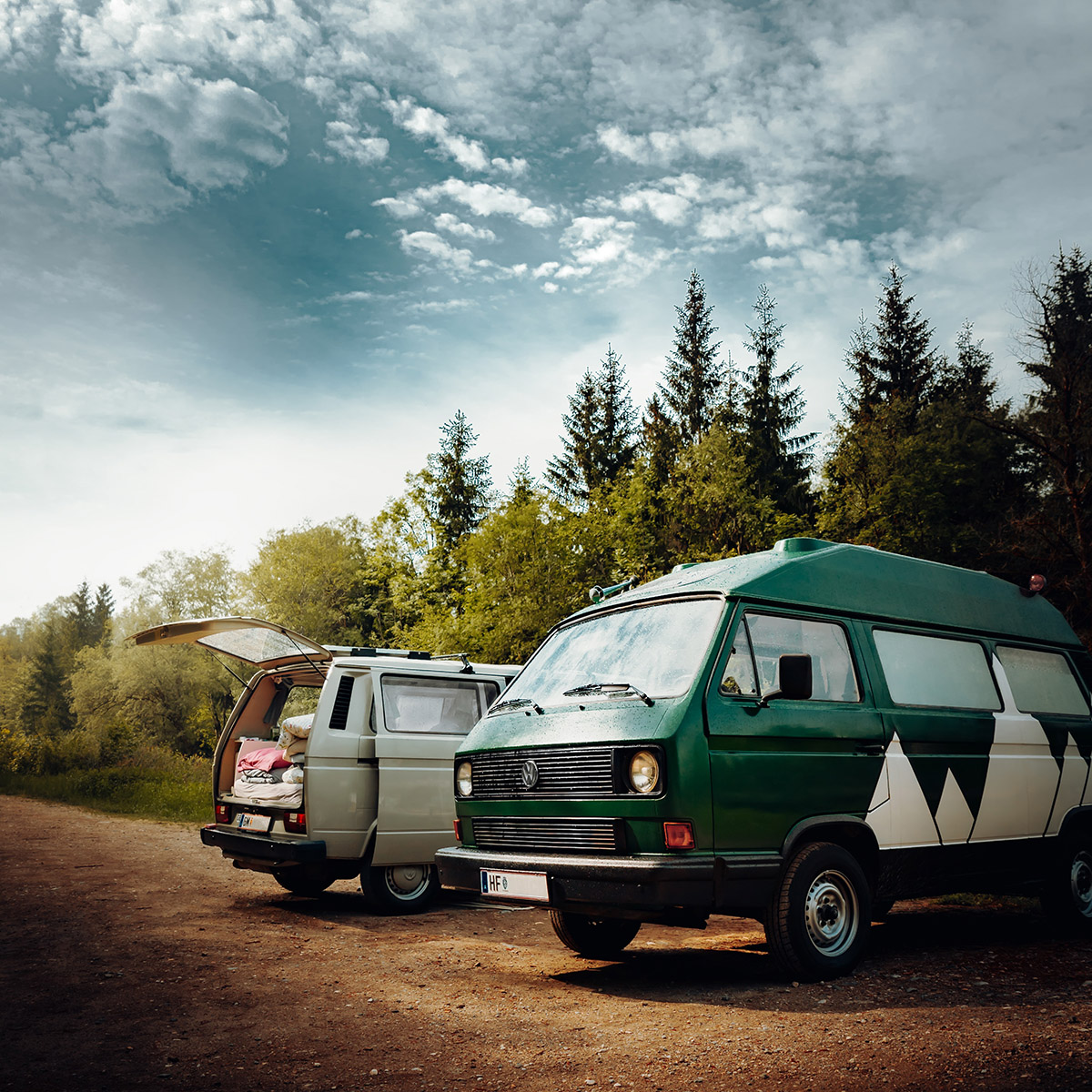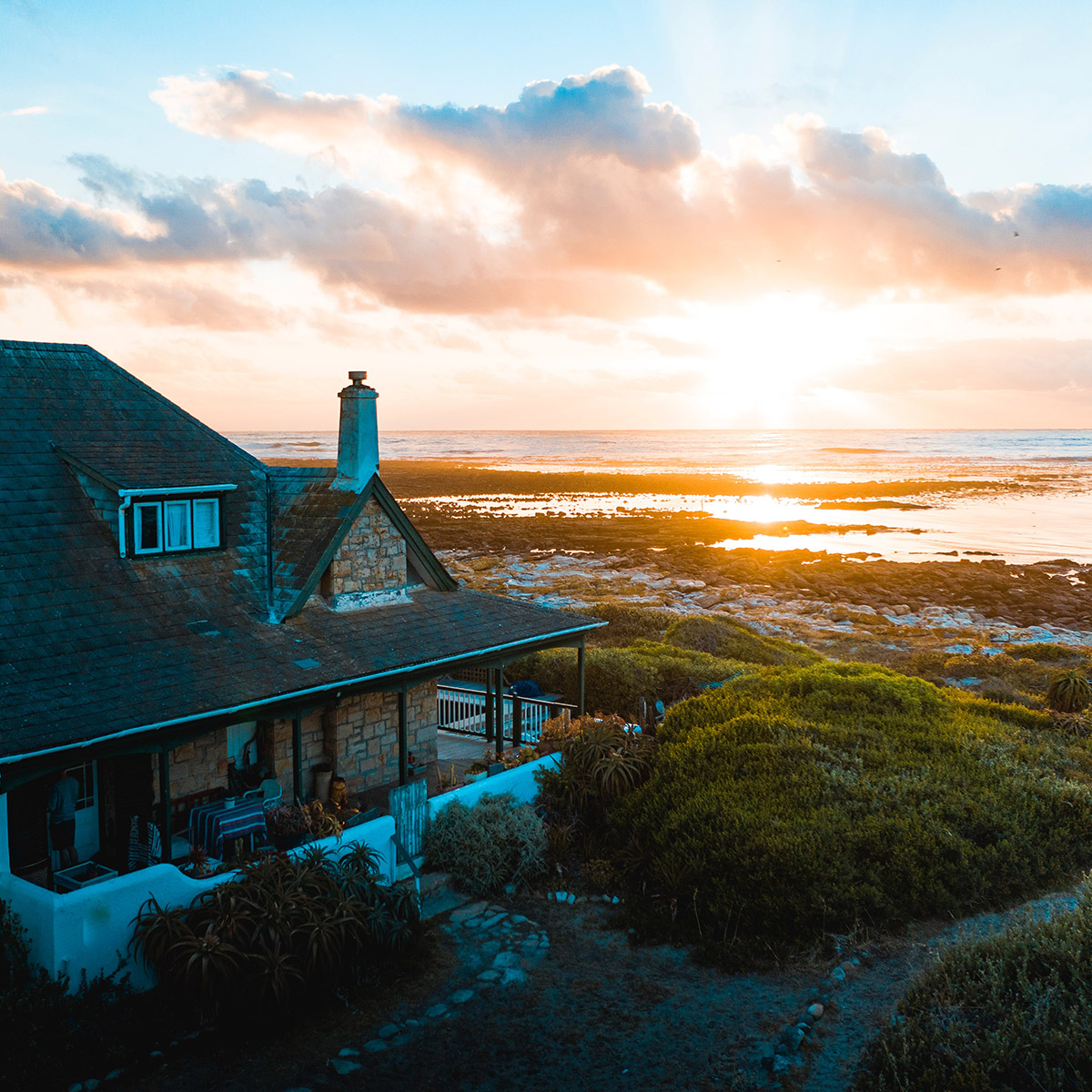The Top Travel Trends for 2021
Monday, 21 Dec 2020

For the past year travel has been turbulent to say the least, with flights grounded, borders closed and entire countries locked down.
Coronavirus restrictions imposed in reaction to wave after wave of transmission mean the world is changing on a daily basis and the travel industry is suffering. The World Travel & Tourism Council fears that 174 million jobs could vanish the end of 2020.
There is reason to be optimistic however with the development of vaccines meaning life could gradually start returning to something close to normal. People can and should be starting to travel again.
Despite this, little doubt remains that both business and leisure travel has changed for the foreseeable future. Even if deployment of vaccines goes to plan, the shape of how, why, and where we travel in the coming year has been altered and not necessarily for the worst.
Here at Send My Bag, we’ve unearthed the top travel trends for 2021 that highlight the different ways we’ll all be able to start travelling again.
1. Sustainability

Sustainable travel and tourism has been around for some time now but we expect it to play an increasingly important role in 2021 and beyond with people around the world considering how to travel with a green conscience.
There’s been an environmental bounceback since the start of the pandemic with global levels of nitrogen dioxide at record lows. This is hardly surprising given eight in ten flights around the world were grounded during spring; from EasyJet in the UK to United in the USA.
Due to the inevitable losses in revenue for airlines, many have asked governments to delay introducing policies limiting air travel to reduce emissions. It therefore seems the next few years be may a constant tug of war between getting struggling airlines back on track and respecting climate agreements.
That being said, the demand for sustainable travel is undoubtedly real and there are more green options than ever before. You can choose to fly on more energy efficient planes, pay that little bit extra for direct flights or hire an electric car for transport on the ground.
Research your hotel or accommodation provider’s sustainability practices in advance.
2. No-Fee Changes

In light of the constantly evolving travel restrictions and lockdowns, we all need and want the option to postpone or cancel bookings at the last minute.
To inject that much-needed confidence boost into wannabe jet setters, airlines have been and will continue to offer more flexible terms and policies; often allowing passengers to make changes for no extra cost. Before the pandemic you often had to purchase a flexible airfare just to change your dates, which would have been far more expensive than a standard ticket.
In the US, airlines such as United, American Airlines and Delta have introduced no change fees for domestic flights and in the case of United the policy change is permanent.
In their best efforts to woo travellers, car-hire companies, tour operators, and hotels are also updating their terms and policies with a focus on flexibility. Four Seasons for instance are permitting full changes or cancellations at no charge up to 24 hours prior to arrival.
3. Slow travel

Travel agencies such as Rough Guides are seeing a surge in demand for slower, more extended trips. From students taking gap breaks, to professionals taking career sabbaticals, to retirees eager to fill their time with immersive holidays and experiences.
This shift towards extended stays changes the types of services these travellers require upon arrival: holiday-home rentals rather than hotels for example or guided tours that venture far beyond the beaten path.
This trend ties in well with the shift towards sustainability with longer, leisurely stays earning travellers some definite green points.
4. Out of Office

Many of us have seen our daily lives drastically changed by the move towards remote working; the morning commute is gone, office chats have entered a virtual space and a sense of flexibility has been installed.
Originally introduced out of necessity, companies around the world have seen the benefits of this remote working lifestyle and are now starting to either move their employees out of office permanently or introduce new positions.
Outside of lockdown, there are all sorts of possibilities for people to travel whilst continuing to work remotely. In 2021, we expect to see the number of people swapping home offices for something a bit more extravagant to rise exponentially.
After all, who wouldn’t want to work in Barbados? Their new digital nomad visa allows remote workers the chance to stay and work on the island for a whole year. It sure beats working from a dimly corner of the living room.
5. Glampervan Road Trips

With many people being forced (or preferring) to take domestic holidays, travelling by road as opposed to air or rail, is the obvious choice. It is therefore not a complete surprise that RV rental company RVshare recorded a 166 per-cent year-on-year increase in bookings between September and November 2020.
Being in your own vehicle provides security whilst being able to drive anywhere you desire is the perfect antidote to prolonged periods at home.
Globetrender predicted the rise of ‘super-charged road trips’ in its Future of Luxury Travel Forecast: 2020-2025. Some seriously pimped-out vehicles have been released featuring the likes of a Nespresso coffee machine, Wi-Fi, and a proper double bed.
Being able to sleep, cook and shower in your own mobile home is a definite draw and for those who can’t afford a luxury RV, you can always try converting your own minivan.
6. Hideouts

Eager travellers are seeking to escape the worries and stresses of coronavirus by booking indulgent, private hideaways with friends and family.
Airbnb may have banned people under the age of 25 from renting entire homes for parties in the UK, France and Spain but there is nothing to stop millennials booking spacious seaside cottages or luxury villas abroad.
We all know there has been a shift towards staycations in the past twelve months and many luxurious period properties are now becoming available for hire in the UK, such as the Chapel Barn Estate in Suffolk where guests can enjoy a cinema and spa by the lake.
Meanwhile, more exotic hideouts can be found in Santorini, Baja California, or many other destinations around the world.
7. Wilderness

With tourists aiming to stay from crowds, nature breaks are looking to have a big moment in 2021. The era of social distancing means people are searching for destinations connecting them to the great outdoors, where they can explore wilderness.
Camping and glamping holidays are on the up, as are conservation holidays – where travellers participate in helping an ecoysystem return to its natural state. In the summer for example, luxury tour operator Yonder introduced itineraries individually curated to help local communities and wildlife.
Major cities are also trying to introduce more green space with Copenhagen for instance building an archipelago of smart islands accessible by swimming, kayak or boat.
8. Bucket List

People have been locked down for the best part of a year and when restrictions ease, travellers look set to embark on their once-in-a-lifetime trips.
Coronavirus has struck accord with many and forced a re-evaluation of individuals’ attitudes towards travel. In line with the slow travel trend, we expect people to stay abroad longer, indulge in exotic retreats and go all out for the travel experience of their dreams.
Bookings to destinations such as Iceland, where you can see the spectacular northern lights, or Kenya for the ultimate safari trip, are on the rise and we expect this trend to continue into the new year and even beyond.
How do you feel about going travelling in 2021? Let us know where, why and how you plan to travel over on our Instagram or Facebook pages.
Our Most Popular Articles

The Best Travel Destinations for US Nationals in 2021
We’ve rounded up some of the best destinations in the world if you want to venture beyond the U.S. borders in 2021.

Best Destinations in January 2021 for UK Nationals
There are many countries that remain exempt from quarantine rules – rewarding eager travellers the opportunity to scratch that adventure itch. We’ve rounded up the best last minute winter holiday destinations available to those living in the UK.

The Reasons to Still Study Abroad in 2020
Send My Bag has put together the top reasons you should still study abroad in 2020. Underlying each of these reasons is the fact that studying abroad will be one of the best experiences that you can have at university.